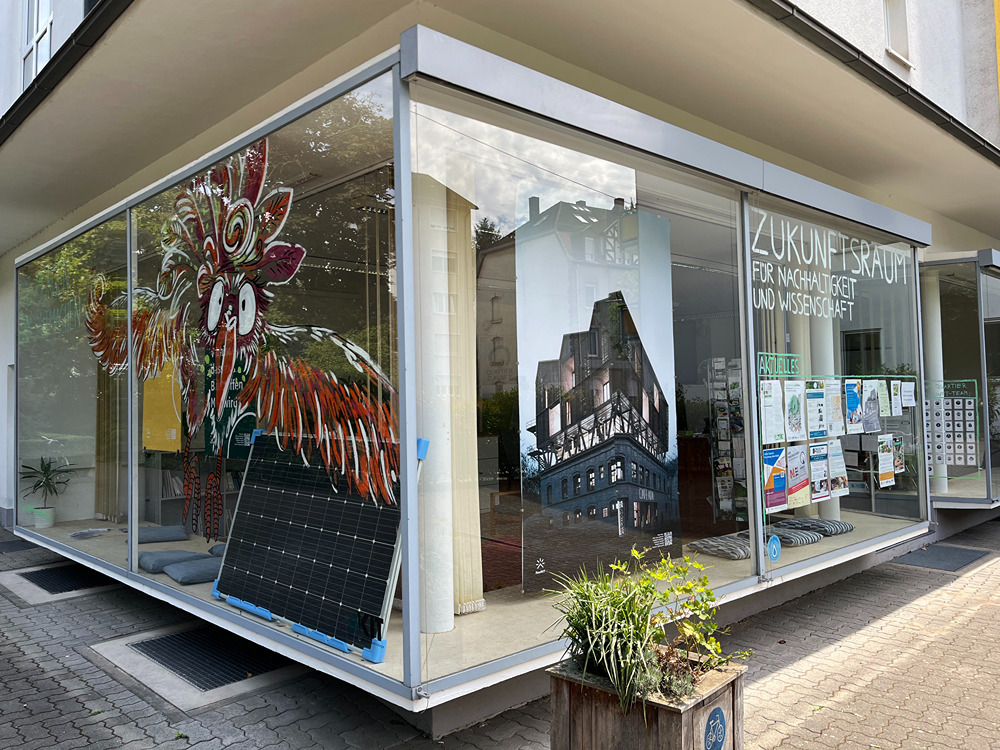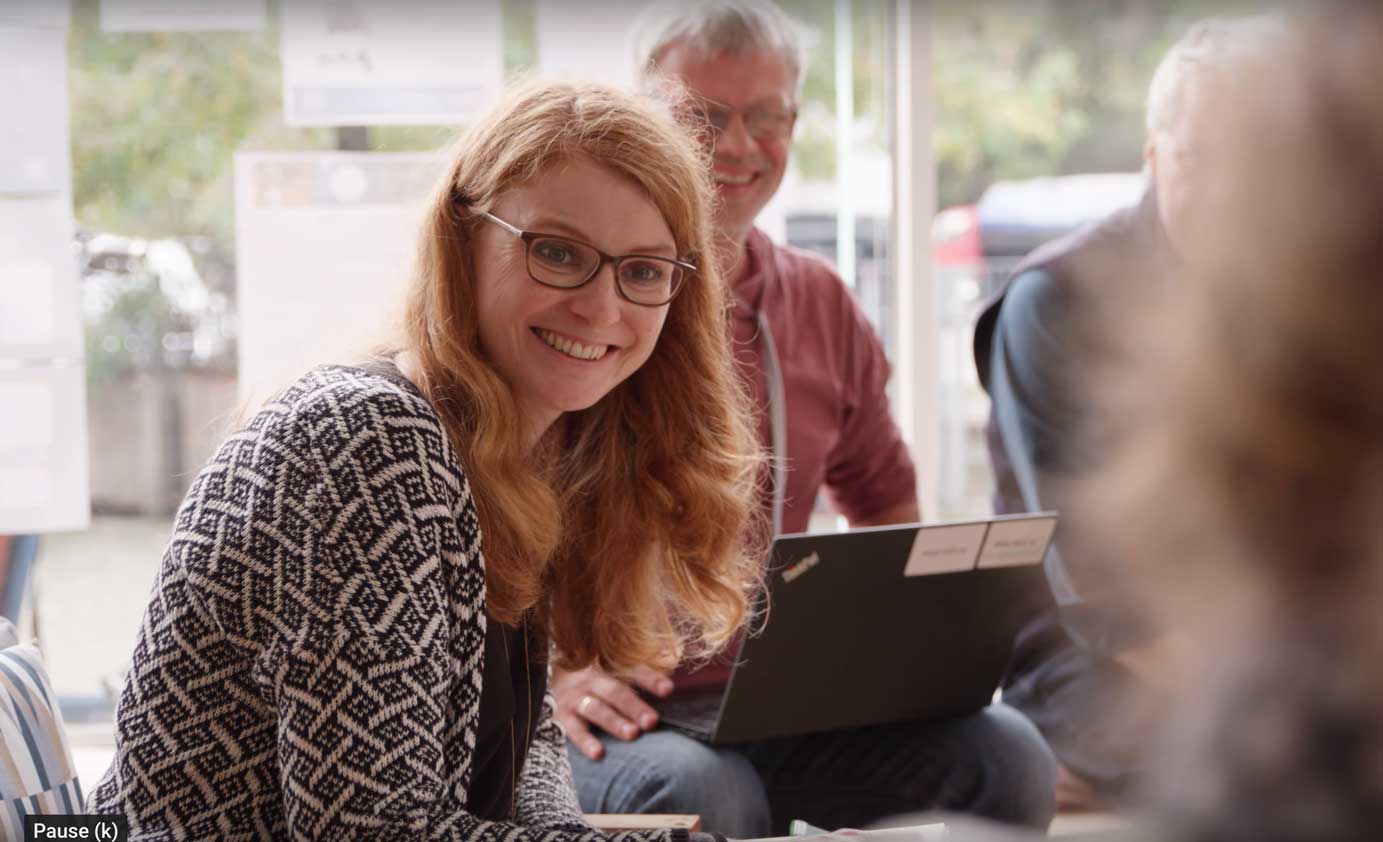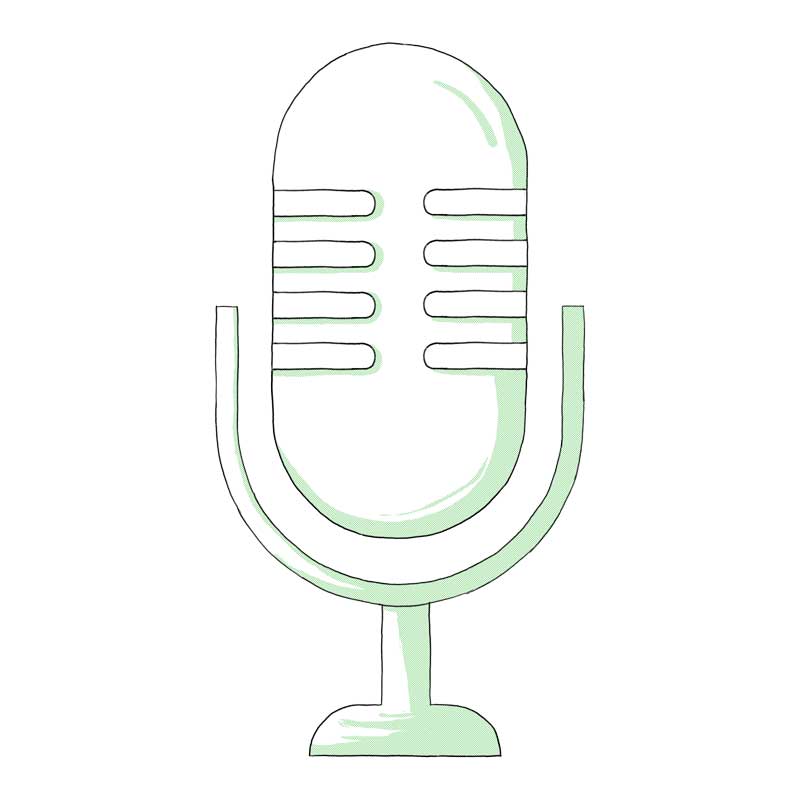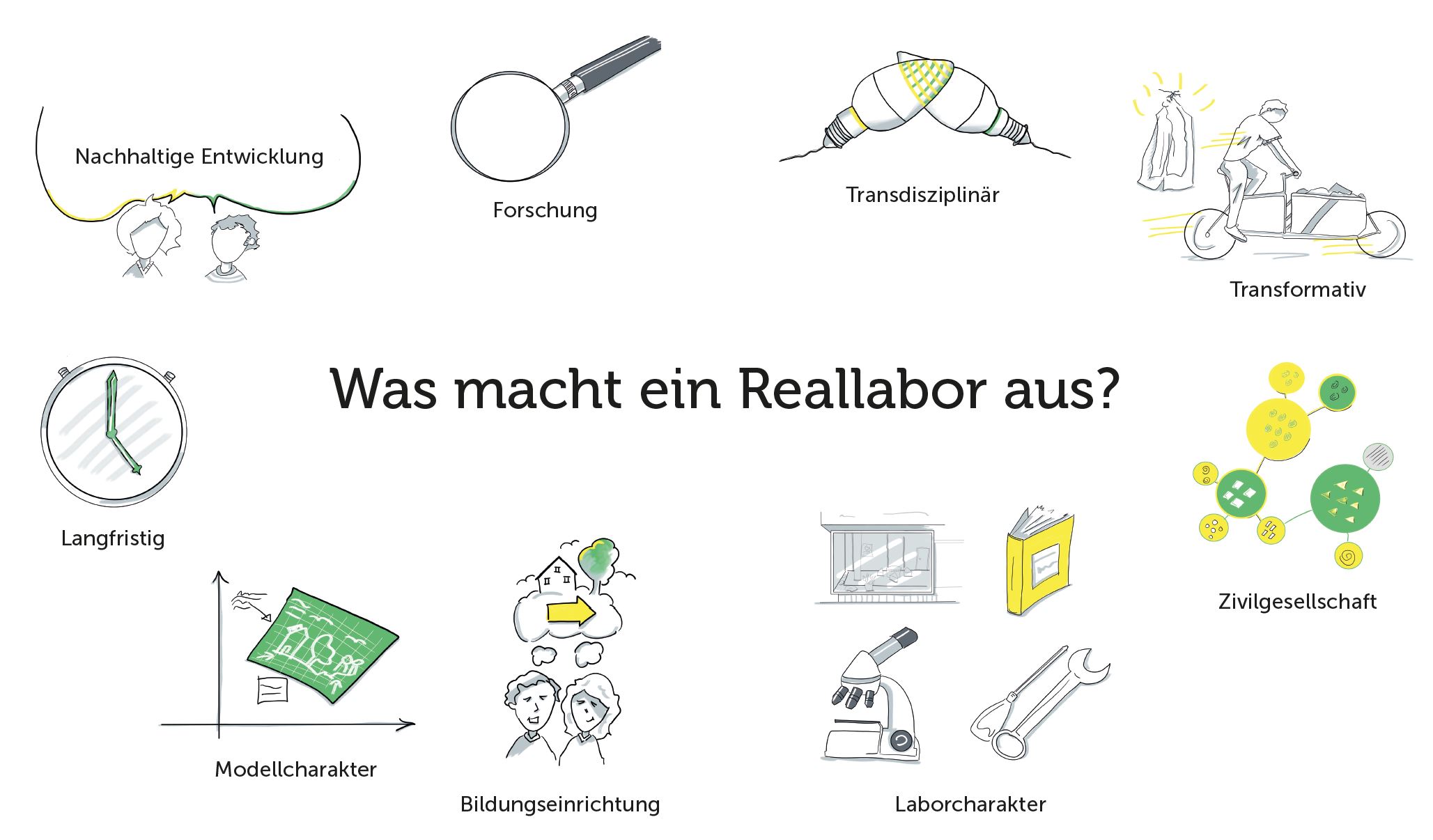District Future – Urban Lab

The real-world lab "District Future - Urban Lab" is a research and development project in Karlsruhe's city quarter Oststadt and is based at the Karlsruhe Transformation Center. The real-world laboratory aims to make the entire district and its people fit for the future. The question is: How can we live well in the city today and tomorrow - while respecting the environment and posterity?
Together with the residents of the Karlsruhe district Oststadt, District Future wants to find answers and try out the good life of tomorrow. The aim is not to rebuild what already exists on a large scale, but to carefully transform it in cooperation with citizens, science, politics and the private sector.
Rintheimer Straße 46
76131 Karlsruhe
Telephone: 0721 608 28954
send E-Mail
Future space for sustainability and science
District Future operates the Future Space ("Zukunftsraum") at Rintheimer Straße 46, 76131 Karlsruhe. It is an interface between science and the public. It is an opportunity for people and ideas to come together. Seminars, workshops, lectures and exhibitions take place regularly in the Future Space.
The Future Space is also...
- a meeting place and joint workshop for all future designers from science and practice, research and urban society
- a place for the exchange and discussion of sustainable topics
- a place where sustainability knowledge is created and passed on
- a home for active citizens' groups
- a place of encouragement and encouragement for all sustainability-minded people in the middle of the district
What is a real-world lab?
A real-world laboratory is a transdisciplinary research and development facility. Science and society work together on sustainable solutions. Universities, local authorities, NGOs, companies, state institutions and associations come together as pioneers of change in real-world laboratories under the guiding principle of sustainable development - in this respect, the real-world laboratories see themselves as pioneers of change. Civil society and citizens are important and strong partners. They all take responsibility for future generations, shape the future and form the crystallization points of a "new social contract" (WBGU 2011). Initiating transformation processes in a participatory and cooperative manner and consolidating scientific and social learning processes are key objectives of real-world laboratory work.
Real-world labs experiment. They provide a framework and open up spaces for jointly developing, testing and researching a good life for today and tomorrow. Through a variety and density of sustainability experiments, synergies and conflicts between individual and previously independent 'sustainability solutions' are to be recognized and dealt with in the real-world laboratory (keyword: "dense sustainability"). The ultimate goal is to initiate and support the development of future cultures of sustainability - and where possible, to live them already.
In recent years, our work has crystallized key characteristics for a real-world laboratory, which also form the basis for the work in District Future:
- Research orientation
- Transformativity (design)
- Orientation towards the guiding principle of sustainable development
- Transdisciplinarity (participation)
- Inclusion of civil society actors
- Model character (transferability)
- Long-term nature
- Laboratory character
- Place of learning and educational institution



